Jake Buehler
Jake Buehler is a freelance science writer, covering natural history, wildlife conservation and Earth's splendid biodiversity, from salamanders to sequoias. He has a master's degree in zoology from the University of Hawaii at Manoa.

Trustworthy journalism comes at a price.
Scientists and journalists share a core belief in questioning, observing and verifying to reach the truth. Science News reports on crucial research and discovery across science disciplines. We need your financial support to make it happen – every contribution makes a difference.
All Stories by Jake Buehler
-
 Animals
AnimalsSome dog breeds carry a higher risk of breathing problems
Research reveals more short-snouted dogs besides pugs and bulldogs that struggle with breathing. Pekingese and Japanese Chins topped the study's list.
-
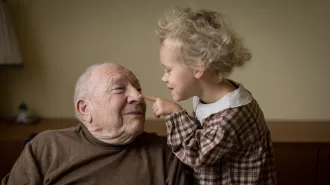 Health & Medicine
Health & MedicineGenes may shape how long we live more than once thought
New research challenges the view that human life span depends mostly on lifestyle. Genes may account for half the factors that determine longevity.
-
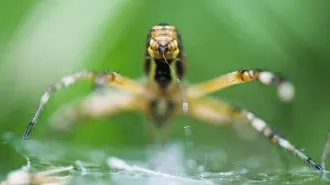 Animals
AnimalsSpider silk-making organs evolved due to a 400-million-year-old genetic oops
An ancient ancestor of spiders and relatives doubled its genome about 400 million years ago, setting the stage for the evolution of spinnerets.
-
 Animals
AnimalsThis fish may play a hole in its head like a drum
The rockhead poacher is a little fish with a big pit in its head. The divot may be like a drum, making sound that rises above a chaotic, nearshore din.
-
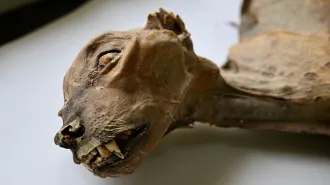 Animals
AnimalsHow cheetah mummies could help bring the species back to Arabia
Arabian cheetah mummies' DNA reveals that the long-lost population could be closely replaced by a cheetah population in northwestern Africa.
-
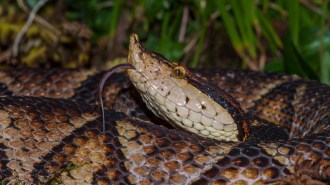 Health & Medicine
Health & MedicineBotox could be used to fight snakebite
A study on rabbits dosed with viper venom suggests that botulinum toxin may alleviate some effects of snakebite, possibly by dampening inflammation.
-
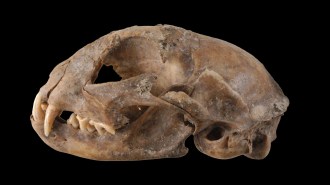 Animals
AnimalsAncient DNA rewrites the tale of when and how cats left Africa
Cats were domesticated in North Africa, but spread to Europe only about 2,000 years ago. Earlier reports of “house” cats were wild cats.
-
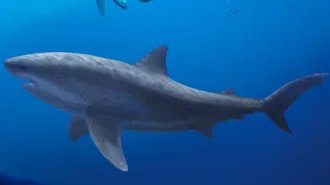 Animals
AnimalsHuge relatives of white sharks lived earlier than thought
Lamniform sharks such as great whites and tiger sharks are famous for their size. The first such giants evolved 15 million years earlier than thought.
-
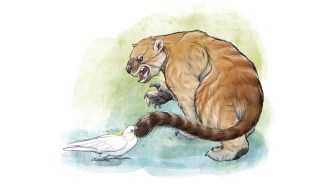 Animals
AnimalsCuddly koalas had a brutal, blade-toothed close cousin
Ancient collagen preserved in the bones of extinct Australian mammals is revealing their evolutionary relationships, leading to some surprises.
-
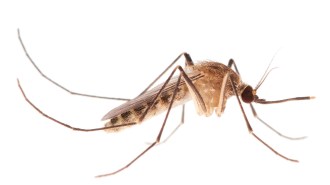 Animals
AnimalsSubway mosquitoes evolved millennia ago in ancient Mediterranean cities
A variety of subway-dwelling mosquito seems like a modern artifact. But genomic analysis reveals the insect got its evolutionary start millennia ago.
- Animals
What the longest woolly rhino horn tells us about the beasts’ biology
A nearly 20,000-year-old woolly rhino horn reveals the extinct herbivores lived as long as modern-day rhinos, despite harsher Ice Age conditions.
-
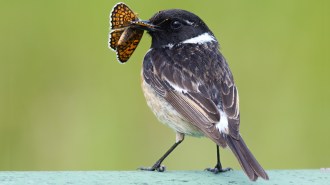 Animals
AnimalsIs camouflage better than warning colors? For insects, it depends
The effectiveness of camouflage or warning colors for insect defense depends on conditions such as light levels and how many predators are around.